detail profile kristine kintana
Peran Yang Di Mainkan Kristine Kintana
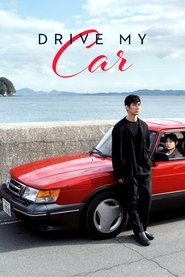 Yusuke Kafuku a stage actor and...
Yusuke Kafuku a stage actor and...Drive My Car 2021
Yusuke Kafuku, a stage actor and director, still unable, after two years, to cope with the loss of his beloved wife, accepts to direct Uncle Vanya at a theater festival in Hiroshima. There he meets Misaki, an introverted young woman, appointed to drive his car. In between rides, secrets from the past and heartfelt confessions will be unveiled.
 Kints and Charles have been together...
Kints and Charles have been together...Living Things 2020
Kints and Charles have been together for almost a decade. One day, Kints wakes up and discovers that her lover has changed, literally. Although troubled at first, she eventually understands that what happened is a natural phenomenon. Through this, she is reminded that people change all the time and love can change people.
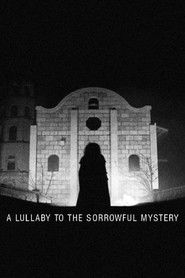 Andrs Bonifacio is celebrated as the...
Andrs Bonifacio is celebrated as the...A Lullaby to the Sorrowful Mystery 2016
Andrés Bonifacio is celebrated as the father of the Philippines Revolution against Spanish colonial rule. This eight-hour epic examines this myth, undertaking an expedition into history through various interwoven narrative threads, held together by an exploration of the individual’s role in history.
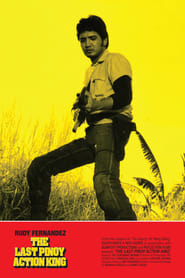 An intimate and often heartbreaking portrait...
An intimate and often heartbreaking portrait...The Last Pinoy Action King 2015
An intimate and often heartbreaking portrait of one of the Philippines' most beloved screen icons.
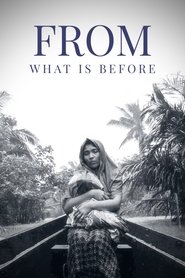 The Philippines 1972 Mysterious things are happening...
The Philippines 1972 Mysterious things are happening...From What Is Before 2014
The Philippines, 1972. Mysterious things are happening in a remote barrio. Wails are heard from the forest, cows are hacked to death, a man is found bleeding to death at the crossroad and houses are burned. Ferdinand E. Marcos announces Proclamation No. 1081 putting the entire country under Martial Law.
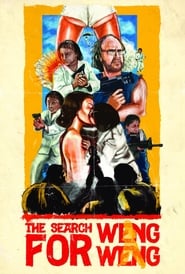 The bizarre history of Filipino Bfilms...
The bizarre history of Filipino Bfilms...The Search for Weng Weng 2013
The bizarre history of Filipino B-films, as told through filmmaker Andrew Leavold's personal quest to find the truth behind its midget James Bond superstar Weng Weng.
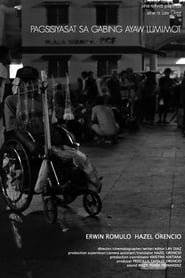 Erwin Romulo the late Alexis Tiosecos...
Erwin Romulo the late Alexis Tiosecos...An Investigation on the Night That Won't Forget 2012
Erwin Romulo, the late Alexis Tioseco’s best friend, recalls the events after the critic and his girlfriend Nika Bohinc’s untimely death in their home in Quezon City. Diaz makes use of one long take to allow Romulo an uninterrupted narration of the events. The pain of recalling is palpable.
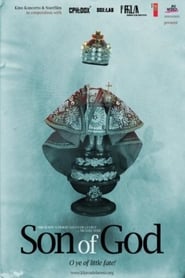 The directors want to shoot a...
The directors want to shoot a...Son of God 2010
The directors want to shoot a film about a man known as the son of god. But what starts out as a practical joke, extends to become a curious portrait of what could either be a petty fraud or the world’s most secret miracle. A film crew tracks his bizarre pilgrimage as magic and religion, faith and doubt, real and unreal blur and melt to the point that one of the director becomes one of the characters. The film traverses all descriptions, before ending as both an affirmation of faith for the faithless and a criticism of faith for the overly faithful.
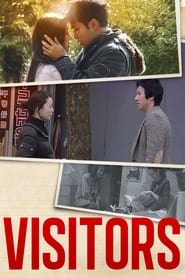 Hong SangSoos Lost in the Mountains...
Hong SangSoos Lost in the Mountains...Visitors 2009
Hong Sang-Soo’s Lost in the Mountains (South Korea, 32min) the visitor is the supremely self-centred Mi-Sook, who drives to Jeonju on impulse to see her classmate Jin-Young – only to discover that her friend is having an affair with their married professor, who Mi-Sook once dated herself. The level of social embarrassment goes off the scale. In Naomi Kawase’s Koma (Japan, 34min), Kang Jun-Il travels to a village in rural Japan to honour his grandfather’s dying wish by returning a Buddhist scroll to its ancestral home. Amid ancient superstitions, a new relationship forms. And in Lav Diaz’ Butterflies Have No Memories (Philippines, 42min) ‘homecoming queen’ Carol returns to the economically depressed former mining town she came from – and becomes the target of an absurd kidnapping plot hatched by resentful locals. Serving as his own writer, cameraman and editor, Diaz casts the film entirely from members of his crew and delivers a well-seasoned mix of social realism and fantasy. —bfi

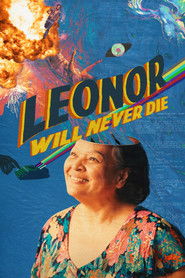 Fiction and reality blur when Leonor...
Fiction and reality blur when Leonor... A reinvention of the Greek myth...
A reinvention of the Greek myth...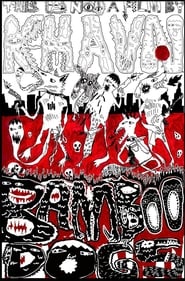 This is not a film by...
This is not a film by...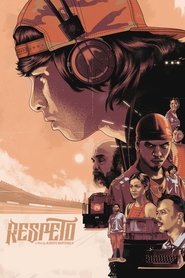 Hendrix dreams of hiphop greatness but...
Hendrix dreams of hiphop greatness but...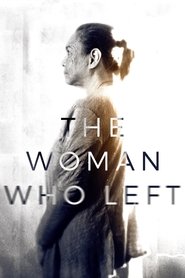 After 30 years of wrongful imprisonment for...
After 30 years of wrongful imprisonment for...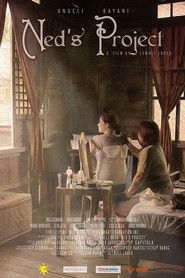 An itinerant tattoo artist joins a...
An itinerant tattoo artist joins a...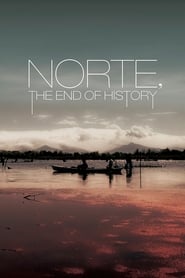 An embittered law student commits a...
An embittered law student commits a... A young woman is held captive...
A young woman is held captive...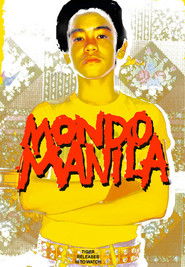 Mondomanila tells the story of teenage...
Mondomanila tells the story of teenage...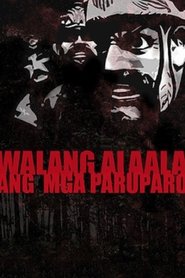 The story is set in a...
The story is set in a...